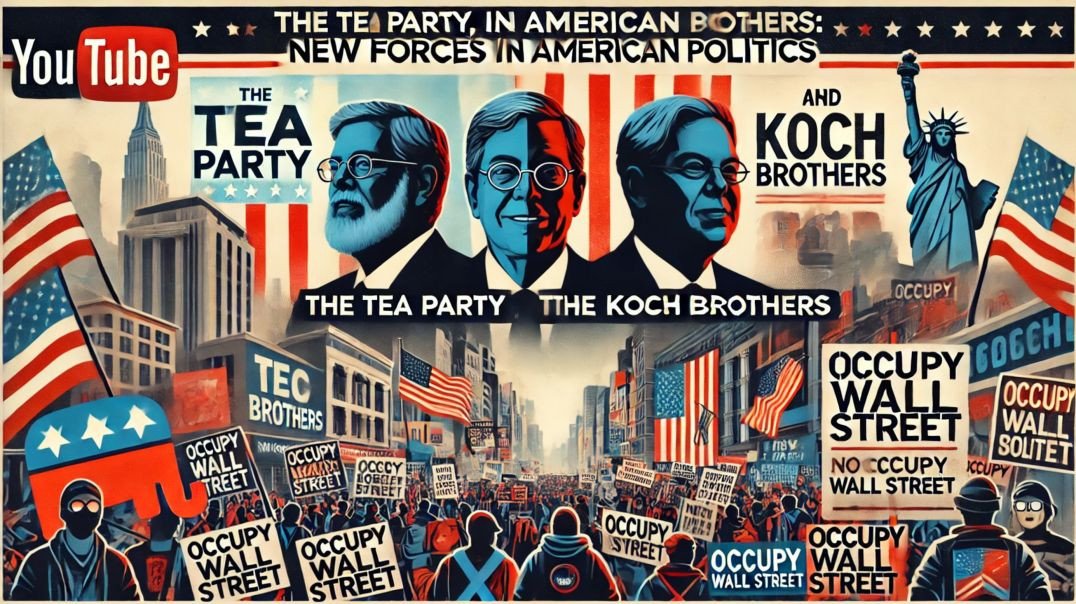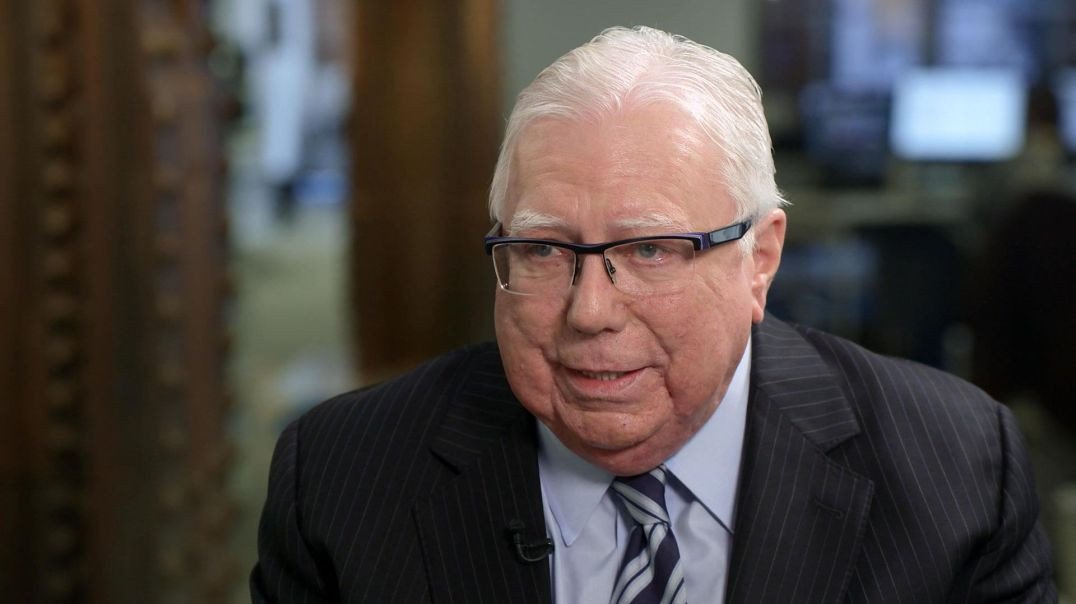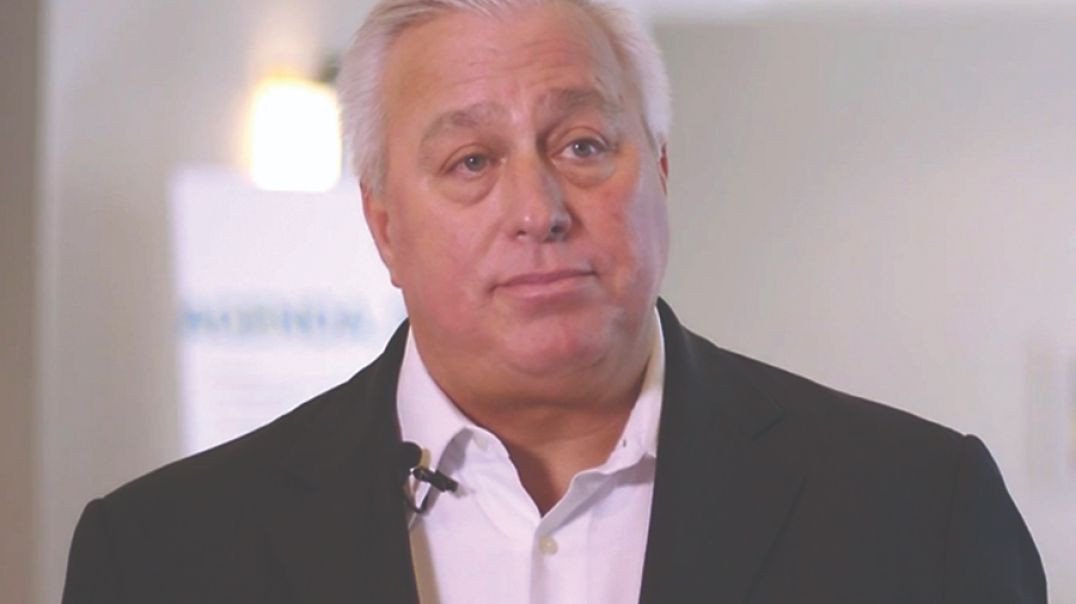98 Visninger· 09/19/24· Nyheder & Politik
The Tea Party, The Koch Brothers, and Occupy Wall Street New Forces in American Politics
Occupy Wall Street, Mass Media and Progressive Change in the Tea Party Era Occupy Wall Street represents
one of those rare opportunities where the Democratic Party and the state-reliant mass media claim to be sympathetic towards
its rhetoric and demands. This, no doubt, is due to the electoral v lue that ows retains for Democrats seeking to get re-elected next year. The challenge for the left will be tO continue to gamer sympathetic media coverage and attention, while also finding
ways to propose a specific policy platform that represents a challenge to Obama's corporatism, pro-Wall Street agenda.
Anthony DiMaggio (adimag2@uic.edu) is a political scientist and the author of numerous books, including The Rise of the Tea Party: Political Discontent and Corporate Media in the Age of Obama, due this month from Monthly Review Press. Paul Street (paul'street99@yahoo.com) is the author of six books, including Barack Obama and the Future of American Politics (Boulder, CO: Paradigm, 2008), described by John Pilger in The Guardian in 2009 as "perhaps the only book that tells the truth about the 44th President of the United States".
Occupy Wall Street (ows) is spreading throughout the United States (us) and the world. It is captivating media attention in the us in a way no left social movement has in recent history. Regular reporting of public anger at business elites has led some to compare own to the Tea Party with regard to both forces' "insurgent" "revolutionary" themes and support for "rebellion" against the status
quo. Questions about how both the Tea Party and ows are portrayed in the mass media are still emerging, however, considering the freshness of ows in American politics. A better understanding of how both onws and the Tea Party are discussed
in popular dialogue and media should remain a major focus of those concerned with promoting bottom-up notions of grass
roots democracy.
Considering the freshness of ows, many questions still remain with regard to
whether it is a real social movement. From our limited experiences participating in
ows thus far (in New York, Illinois, and lowa), it certainly appears to have many of
the basic prerequisites of a movement, in terms of participation across a wide
number of demographic groups, regular protests in towns and cities across the
country and world, strong resistance from much of the political-economic establish
ment, and in terms of ows' strong opposition to co-optation by national Democratic
Party elites. Whether the group will further develop and sustain a mass activist base
in terms of regularly planning meetings and mass marches, and whether it will
coalesce around a specific set of demands that differ from those of the corporatist
Democrats, remains to be seen. Will the group become a sustainable, mass move
ment, or does it simply represent a short, populist outburst of emotion and anger?
The answer is difficult to provide with certainty. Acknowledging such uncertainty,
one can still undertake a preliminary analysis of how the ows has been discussed
in popular narratives and discussion.
OWS in Popular Narratives
According to one theme that quickly be came popular in academic and mainstream media circles this fall, ows - spread from
New York City's financial district to more than 800 locations by mid-October 2011 -is the left wing version of the Tea Party.
One variant of this tale referred to ows as the Democratic Party's version of the Tea Party. The storyline drew on a number of
obvious and undeniable parallels. Like the Tea Party phenomenon that broke out in the late winter and spring of 2009 and sig
nificantiy influenced us politics on behalf of the Republican Party at the federal and state levels in the mid-term elections of
November 2010, Ows'
• Opposes the federal government's massive bailout of the nation's leading financial institutions.
• Speaks in loud and angry terms and populist, anti-establishment language on behalf of "the people" against arrogant and greedy elites.
• Inveighs in stark and dramatic terms about the subversion of American demo cracy, freedom, and prosperity by concentrated power and tyranny and calls for taking America back from the agents and forces of subversion.
• Is disproportionately white (Caucasian) in composition.
• Expresses the sense that something has gone fundamentally wrong in America and that fundamental changes are required to restore balance, decency, and democracy.
• Appeals to a rising mass of Americans who feel that "the system no longer works for them" and who complain that they are
getting nowhere despite playing by all the rules and working hard.
• Is driven by "anxiety about the economy [and] belief that big institutions favour the reckless over the hard-working".
• Advances grievances that seem "inchoateand contradictory" (Zernike) to many observers.

















0 Kommentarer